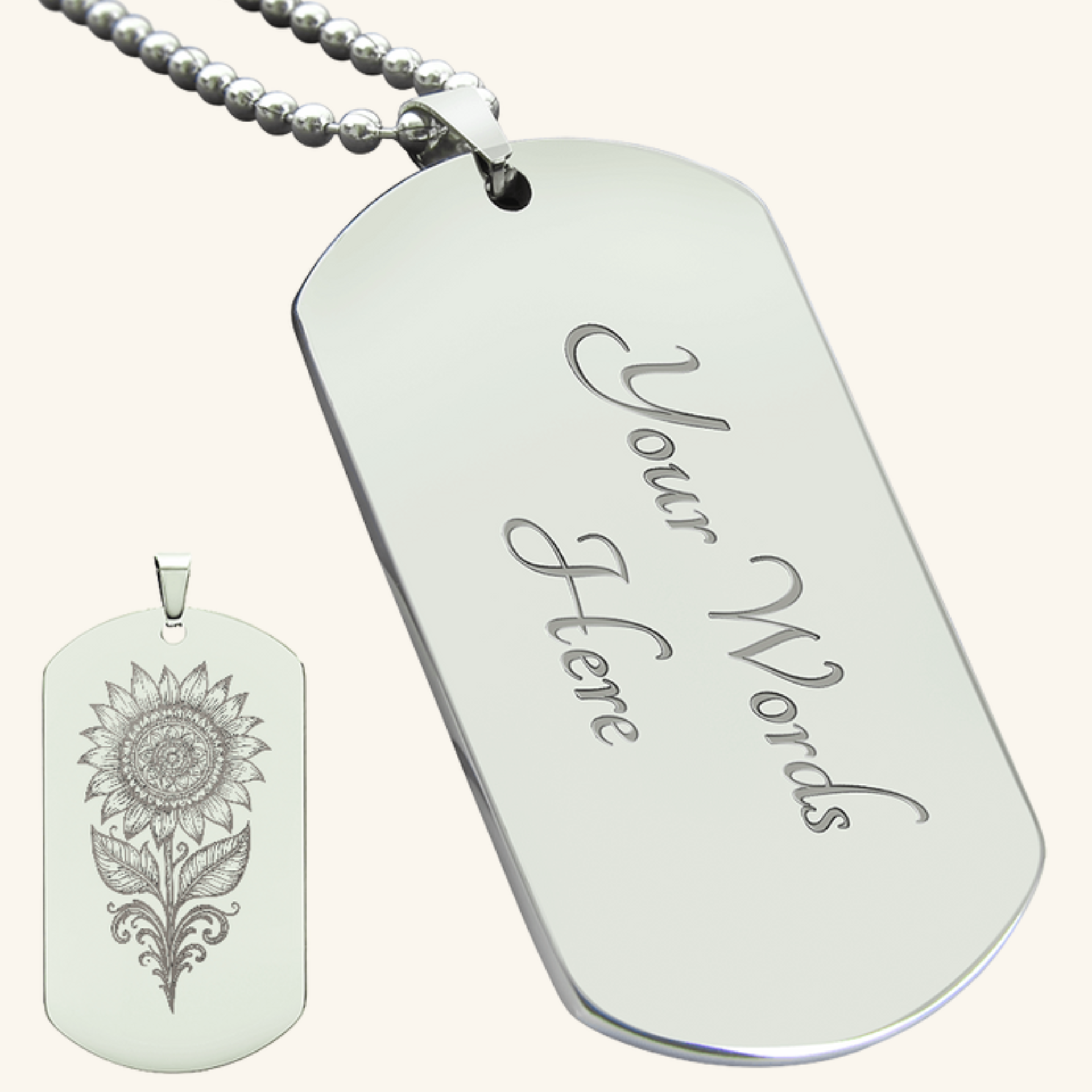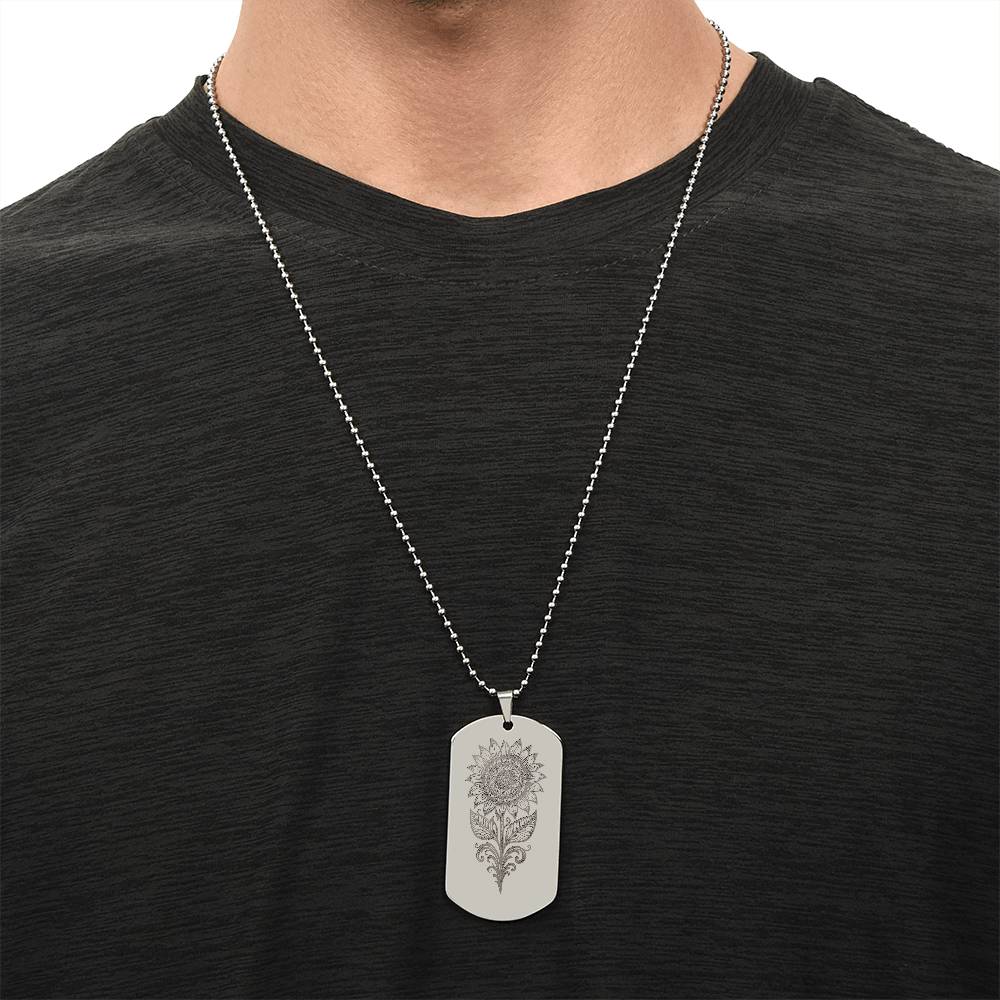Dating Someone With Autism FAQs

Written by HeyASD.com Team
Dating someone with autism can be a unique and rewarding experience. People with autism often have a different way of perceiving the world, and dating someone with autism can give you a new perspective on life. However, it's essential to understand that autism is a complex disorder, and there may be challenges that come with dating someone on the autism spectrum.
In this article, we will provide you with valuable insights on dating someone with autism. We will explore what autism is, the unique traits that people with autism have, and how you can navigate a relationship with someone on the autism spectrum.
What is Autism Spectrum Disorder (ASD)?
Autism Spectrum Disorder (ASD) is a neurological disorder that affects how people perceive the world and interact with others. Autism is a spectrum disorder, which means that it affects people in different ways and to different degrees. People with autism may have difficulty with social communication and interaction, repetitive behaviors, and sensory processing issues.
How does Autism Affect Relationships?
Autism can affect relationships in various ways. People with autism may have difficulty understanding social cues and may struggle to express their emotions. They may also have difficulty with eye contact, body language, and facial expressions. However, people with autism are also known for their honesty, loyalty, and directness, which can be positive traits in a relationship.
Dating Someone with Autism FAQs
Here are some frequently asked questions about dating someone with autism.
1. What are some common characteristics of someone with autism?
People with autism have unique characteristics that may differ from person to person. However, some common traits of people with autism include:
- Difficulty with social communication and interaction
- Repetitive behaviors
- Difficulty with sensory processing
- A preference for routine and predictability
- Difficulty with change
More on symptoms of autism in adults.

2. How can I tell if someone has autism?
It can be challenging to tell if someone has autism, as it is a spectrum disorder, and people can be affected in different ways. However, some signs of autism may include:
- Difficulty with social communication and interaction
- Repetitive behaviors
- Sensory processing issues
- Delayed speech and language development
- Lack of interest in playing with others
- Unusual or obsessive interests
It's important to recognize that having autism is only a small part of a person, and the person may not even be aware of having autistic traits themselves. If the person does have autistic traits, it is not your task to point these out and force a diagnosis, rather to seek clarification on behaviors and see how you can best provide support. The person has probably already felt like an outsider most of their lives, and you explaining their differences will only likely embarrass the person and make them feel like an outsider further.

3. Can someone with autism have a successful relationship?
Yes, people with autism can have successful relationships. However, it's essential to understand that relationships with people with autism may require more understanding, patience, and flexibility. Communication may be more challenging, and there may be other challenges that come with dating someone on the autism spectrum.
4. How can I communicate with someone with autism?
Communication with someone with autism may require some adjustments. Here are some tips for communicating with someone with autism:
- Use clear and concise language
- Be patient and allow time for processing
- Avoid using sarcasm or abstract language
- Use visual aids, such as pictures or diagrams, to support communication
- Ask for clarification if you don't understand something
- Be aware of non-verbal cues, such as body language and tone of voice
More tips on how to communicate with autistic individuals.

5. How can I support someone with autism in a relationship?
Supporting someone with autism in a relationship may require some adjustments. Here are some tips for supporting someone with autism in a relationship:
- Be patient and understanding
- Listen actively and be willing to learn
- Respect their need for routine and predict
- Respect their special interests
6. What are some things to keep in mind when dating someone with autism?
When dating someone with autism, there are some things to keep in mind. Here are some tips:
- Be patient and understanding
- Be direct and clear in your communication
- Be aware of sensory sensitivities and adjust accordingly
- Respect their need for routine and predictability
- Be open-minded and willing to learn
- Celebrate their strengths and abilities

7. Can dating someone with autism be challenging?
Dating someone with autism may come with some challenges. However, every relationship has its challenges, and dating someone with autism can also be rewarding. It's essential to be open-minded, patient, and willing to learn to overcome any challenges that may arise.
8. What are some benefits of dating someone with autism?
Dating someone with autism can be a unique and rewarding experience; autistic adults have many unique strengths and abilities. People with autism often have unique perspectives on life and can offer valuable insights. They are often loyal, honest, and direct, which can be positive traits in a relationship.
9. How can I support someone with autism in social situations?
Social situations can be challenging for people with autism. Here are some tips for supporting someone with autism in social situations:
- Prepare them ahead of time for social situations
- Use social stories or other visual aids to help them understand social expectations
- Provide support and encouragement
- Be patient and understanding
- Respect their need for breaks and time alone

10. How can I learn more about autism and dating someone with autism?
There are many resources available to learn more about autism and dating someone with autism. Here are some resources to consider:
- Autism Speaks: a nonprofit organization dedicated to promoting solutions for people with autism and their families
- The Autism Society: a nonprofit organization that provides advocacy and support for people with autism and their families
- The National Institute of Mental Health: a federal agency that provides information and research on mental health disorders, including autism
- Autism & dating guides, including Autism Dating Tips and Autism Dating FAQs
Join Hundreds of Autistic Adults Feeling
More Comfort in Their Own Skin
Use code WELCOME10 for 10% off your first order.
Start Your Comfort JourneyConclusion: Navigating a Relationship with Someone with Autism
Dating someone with autism can be a unique and rewarding experience. People with autism have unique perspectives on life and can offer valuable insights. However, it's essential to understand that relationships with people with autism may require more understanding, patience, and flexibility.
In this article, we've explored some of the most frequently asked questions about dating someone with autism. We hope that this information has provided you with the knowledge and tools you need to navigate a relationship with someone on the autism spectrum successfully.
Remember, every relationship is unique, and dating someone with autism is no different. Be patient, open-minded, and willing to learn, and you can build a successful and fulfilling relationship.
On This Page
Frequently asked questions
What are some gentle ways to improve autism social communication in a relationship?
How can I support my partner with autism when they feel overwhelmed?
What are some sensory-friendly dating tips that can help us enjoy time together?
How can disability support for couples enhance our relationship?
Are there comforting items like calming blankets or sensory tools that can help during stressful moments?
How do I navigate misunderstandings related to autism spectrum relationships?
What should I know about emotional expression when dating someone with autism?
How can I create a safe and understanding space for my partner’s unique needs?
Can Autism-themed decor or clothing, like t-shirts, help celebrate and support our relationship?

About the HeyASD.com Team
Autistic‑owned • Values‑led • Sensory‑friendly design
We are autistic creators, writers, and advocates dedicated to producing resources that are practical, sensory-aware, and grounded in lived experience. Our mission is to make information and products that support the autistic community accessible to everyone, without jargon or condescension. Learn more about our team.
This article is written from lived autistic experience and an evidence-aware perspective. It is for general informational purposes only and should not be taken as medical, legal or therapeutic advice.
Always consult a qualified clinician or occupational therapist for individual needs and circumstances.

About Our ASD Blog
HeyASD is more than a store, it’s a calm, supportive space for autistic adults and the people who care about them. Explore identity-affirming stories, sensory regulation tools, and uplifting resources from our community.
Thank you for reading. We hope these resources bring comfort and clarity.









































